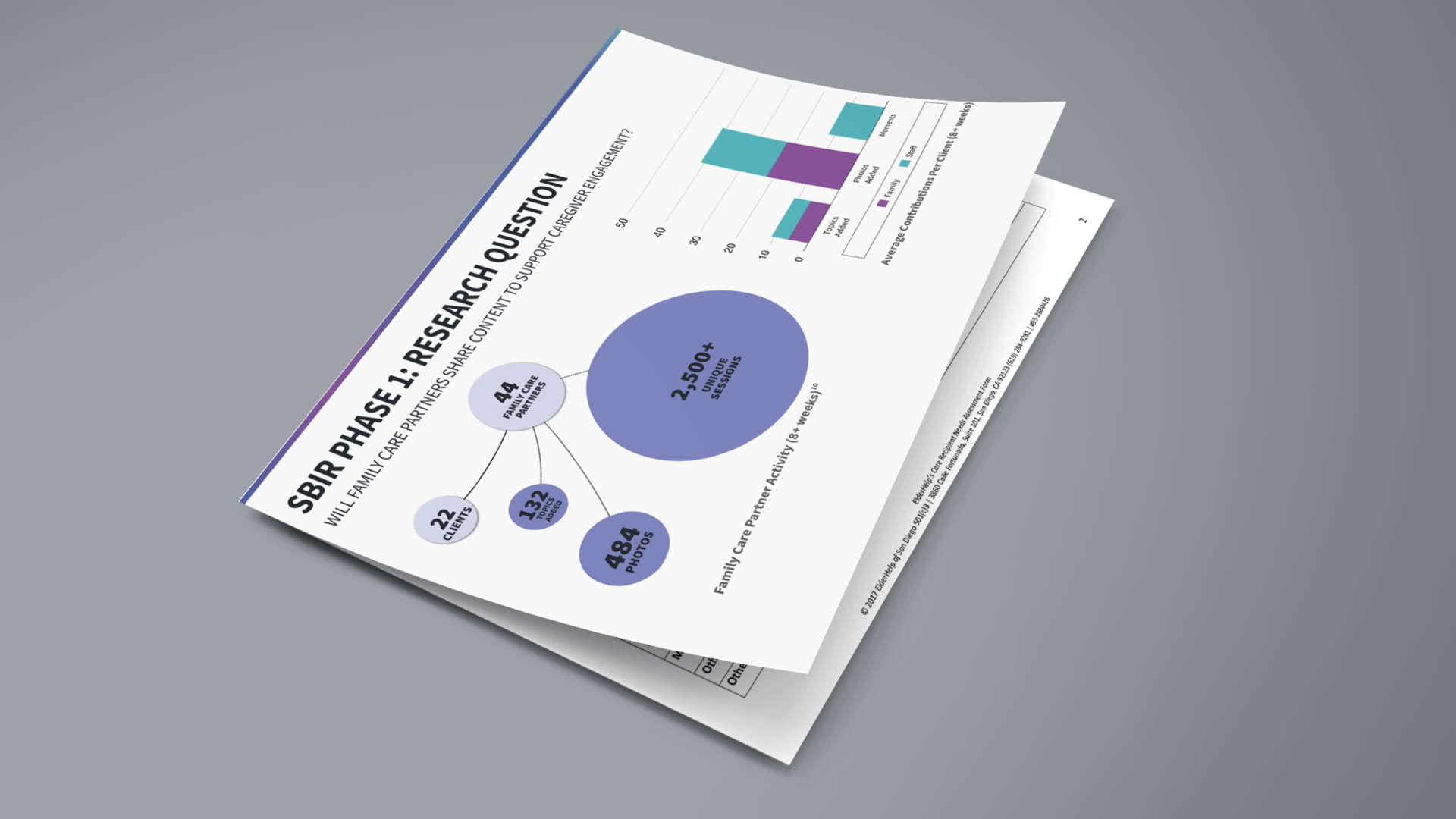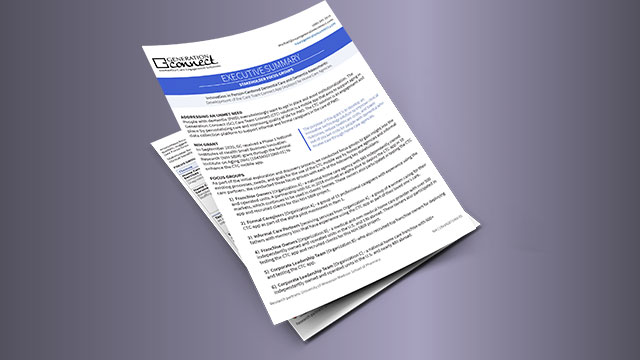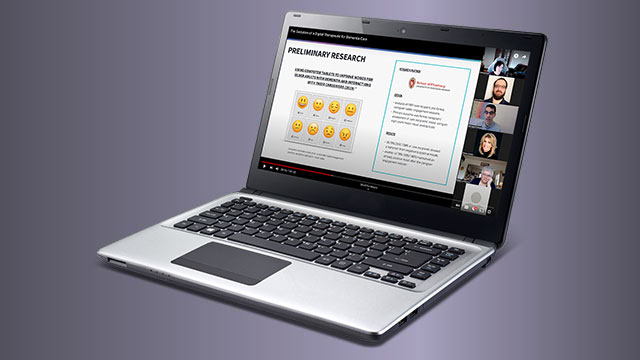SCOPE OF WORK
RESEARCH
Studying technology-enabled, non-pharmacological interventions in dementia care
MY ROLE
In 2017, I got involved in health care research, providing a team of clinicians and researchers with hardware deployment and IT support for a project that was studying the role of technology in dementia care. Having recently had a family member diagnosed with the disease, I transcended my assigned role and collaborated closely with the project team. The arrangement proved equally beneficial; I learned a tremendous amount about dementia, while identifying institutional and technological limitations in device deployment and data collection.
Following my initial involvement, I took an active role in obtaining funding and collaborating with research institutions and healthcare organizations to design and implement dementia care research studies. In 2018 and 2019, I served as a co-PI on two grants that involved deploying tablets with personalized engagement content in a variety of healthcare settings (nursing homes, assisted living, hospitals, home care, etc.) and measuring mood management outcomes. I developed a methodology for enabling HIPAA-compliant family communications and content curation. Additionally, I implemented systems for collection and sharing of de-identified outcome data electronically.
In 2020, I leveraged preliminary research outcomes and existing partnerships to apply for a $450,000 small business innovation research grant from the National Institute of Health. My company, Generation Connect, was awarded the grant, and I served as the PI. My responsibilities included designing and executing a recruitment and retention plan, overseeing the intervention implementation, and monitoring data collection and outcomes. The project exceeded adoption goals set forth in the aims and resulted in key findings to accelerate commercialization efforts.
*Download the Generation Connect Research Deck.

NIH-FUNDED, INNOVATION GRANT
My company, Generation Connect, was awarded a $450,000 Phase 1 Small Business Innovation Research grant for app development and feasibility testing within home care agencies. The aims of the project involved collecting qualitative and quantitative feedback - including focus groups, user testing, and app usage metrics during an 8-week deployment - from a variety of key stakeholders.
Qualitative Outcomes (Focus Groups and User Testing):
- Focus group analysis revealed that app usage helped establish productive routines, enhanced socialization, helped with ADLs, eased difficult symptoms, and improved caregiver satisfaction.
- Focus group analysis exposed challenges to gain traction with technology uniformly across home care franchise network, due to cultural and operational barriers.
- User testing with care staff revealed that integrating clinically validated scales would be feasible and clinically beneficial.
Quantitative Outcomes (8-week app deployment):
- 23 clients, covering a diverse range of ages, care environments, and dementia stages, were recruited from 11 home care companies.
- 22 of the 23 families exceeded the content sharing goal (>3 photos, >3 unique topics) set forth in the specific aims during the 8-week tablet deployment.
- 51 total family members leveraged the platform (avg. of 2.2 per client)
- Average of 53 total sessions per family member
- Average of 22 photo uploads per client
- 44 total home care staff leverage the platform (32 direct care workers, 12 case managers)
- Average of 70+ sessions per care staff
- Average of 19 photo uploads per client
PRELIMINARY FINDINGS
Generation Connect led a series of grants funded by Verizon Foundation and the Consumer Technology Association to evaluate the impact of personalized engagement technology across a variety of healthcare settings. A preliminary study analyzed by researchers at the University of Wisconsin–Madison School of Pharmacy found, care recipients with dementia that were given access to the Generation Connect platform experienced more positive moods.
Outcomes:
- Out of 1,089 engagement sessions, results revealed promising positive mood changes resulting from using music (χ2(10)=72.9; p <.001), YouTube (χ2(12)=64.5; p <.001) as the sole app, and multiple engagement strategies (χ2(2)=42.8; p <.001).
- Patients receiving services in home care settings were more likely to start the session in a positive mood state, compared to those receiving services in facility-based care.
- Operational barriers (caregiver to patient ratios) limited adoption in facility-based care settings.
- Sessions that resulted in positive mood changes for people with dementia also positively influenced the caregivers’ day.
RELATED PROJECTS
Executive Summary: Focus Groups
A summary of themes, challenges, lessons learned, and action items across several focus groups with key stakeholders in the home care setting.
NIH Grant: Specific Aims
An outline of specific aims for a National Institute of Health small business innovation grant on advancing Alzheimer's and dementia research.
Webinar: Digital Therapeutics
A recording of a webinar for Washington State University’s research team on the evolution of the Generation Connect digital therapeutic platform.


